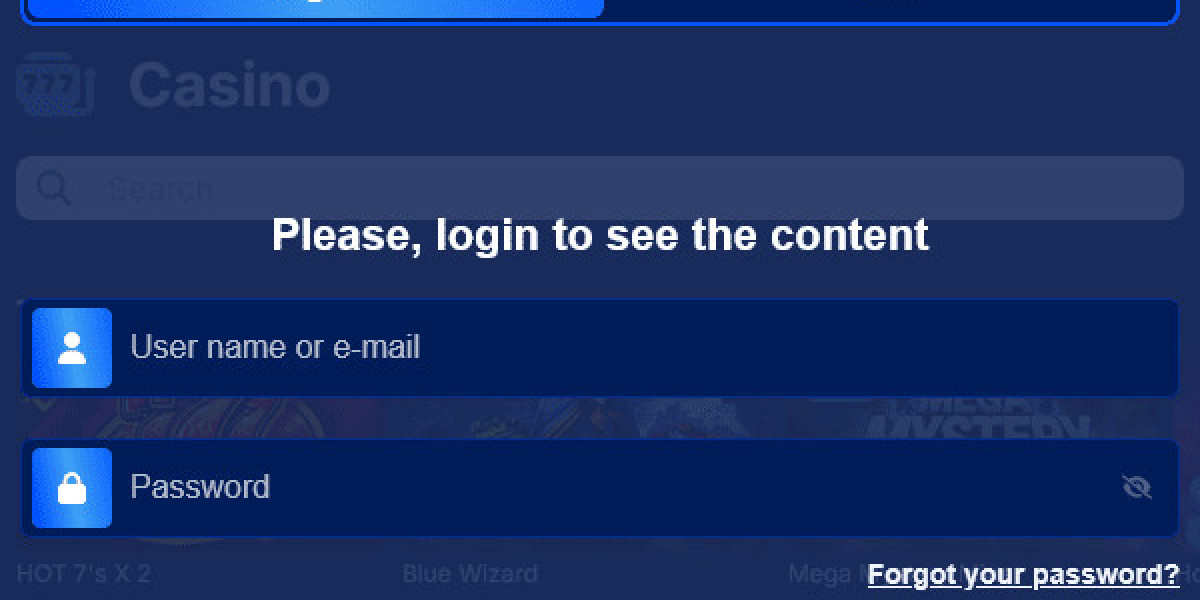
There are great deals of things to think about when you rent lodging. This includes ensuring you are not paying excessive in regards to lease, a deposit or service costs. The Landlords (Good Practices) Act entered into force on 1 July 2023. This act introduced brand-new guidelines and updated some old guidelines. It's essential to understand your rights and responsibilities. So follow this detailed strategy when you rent lodging.

Step 1: inspect just how much the rent, deposit, service costs and mediation costs are

Rent
Check whether the lodging you wish to lease is classified as social housing or if it is private-sector leasing. This is an important distinction, since various rights and commitments apply to each type. If you are going to be leasing lodging in 2024 and the fundamental rent is EUR879.66 or less, the accommodation is considered to be social housing. Social housing has a lease ceiling, which is calculated utilizing a points system. If you rent lodging in 2024 and the basic lease is above EUR879.66, the accommodation is considered to be a private-sector rental. There is no rent ceiling for private-sector accommodation.
Check whether the rent matches the quality of the lodging by running the Rent Check.
Rent Check self-contained lodgings
Rent Check shared lodgings
If you are paying excessive, ask your property manager to minimize the lease. If you can't reach an arrangement with your property owner, get in touch with the lease tribunal (Huurcommissie).
Please note: if you are living in a private-sector rental, ask the rent tribunal to assess your starting rent within 6 months of your first payment. If you live in social housing, you can ask the lease tribunal to examine the lease you are paying at any time.
In some municipalities, proprietors need a rental permit to be able to rent lodging. Conditions might be attached to the authorization, such as just how much the lease can be. If this holds true, you can also ask the municipality to evaluate your lease.
Deposit
For occupancy contracts dated 1 July 2023 onwards, the optimum deposit a proprietor can charge is 2 months' standard rent. When the tenancy agreement has actually ended, you will in concept get your deposit back within 14 days. But if you still owe your landlord cash, they can deduct this from your deposit. In that case they need to repay the remaining deposit within one month.
Your proprietor can only keep your deposit to cover the following:
- overdue rent;
- service costs;
- damage to the accommodation that the tenant need to cover;
- energy effectiveness charge (in Dutch: energieprestatievergoeding, EPV).
Service costs
Your property owner can just charge you real service expenses that have been sustained. They can not charge more and keep the distinction.
Service expenses consist of:
- cleaning expenses;
- expenses of lighting communal locations;
- tasks performed by a caretaker.
Gas, water and electrical energy do not fall under service expenses. You pay these expenses separately.
You pay service expenses monthly, on top of the basic lease. Each year your property manager will offer you with a summary of the service expenses charged to you. This will reveal you:
- which costs your property owner has incurred;
- how much of these costs you have actually paid;
- whether you have paid too much or too little;
- whether you will get cash back or need to pay more.
If you have not gotten an overview of service expenses, or if the introduction is inaccurate, contact the rent tribunal or your municipality.
Mediation fees might only be credited one celebration
If your proprietor uses a rental agency, your property manager pays the mediation fees. The company can not ask you to pay mediation charges too. Mediation fees are often called administration, agreement or agency charges. If you yourself use a firm or intermediary to discover accommodation, you will need to pay their costs yourself.
Step 2: examine your occupancy agreement and the info provided by your property manager
Tenancy arrangements dated 1 July 2023 onwards must remain in writing. If you make oral contracts with your property manager, your proprietor should validate these arrangements in composing.
Your property owner should also provide you with details in blogging about:
- how the accommodation can be used;
- when your property owner can go into the lodging (just with your approval, unless there is an emergency);.
- the different kinds of tenancy arrangement and the related renter security and rental rate defense;.
- what you can do if the lodging needs repair work;.
- who you can contact if you have questions about your lodging;.
- who you can get in touch with if you can't solve a problem with your landlord (local reporting office, rent tribunal or district court);.
- how much you require to pay as a deposit and how it will be returned;.
- service costs (a summary of service expenses charged should be offered every year).
If your occupancy agreement started before 1 July 2023, you will get this extra details by 30 June 2024 at the newest.
Extra details for European labour migrants
If you have come from a European nation to briefly work in the Netherlands, and your company supplies you with lodging, your employer must give you details about your lodging in a language you comprehend. This does not apply to the tenancy agreement, however. The tenancy arrangement can be in Dutch.
Your occupancy agreement must also be different from your employment agreement. This indicates that you do not require to vacate the lodging if your employment ends. This only applies to tenancy contracts dated 1 July 2023 or later on.
Step 3: inspect if you are entitled to housing benefit
You may be entitled to housing advantage. You can examine this on toeslagen.nl.
Step 4: take action if you can not deal with a problem with your proprietor
If you have a problem with your property owner and can't solve it, there are different strategies you can take.
Involve the rent tribunal
If you are leasing social housing, and you do not agree with the amount of lease you are paying, a lease boost or the level of upkeep, you can get in touch with the rental tribunal.
If you rent private-sector accommodation, and disagree with your property owner's annual lease boost, or a rent increase following enhancements to your accommodation, contact the lease tribunal. You can likewise ask the lease tribunal to evaluate your starting rent. You should do this within six months of the start of the tenancy.
The rent tribunal is an independent and neutral conflict conciliator. Any choices it takes are legally binding for both renters and property owners. If you can not take the dispute to the lease tribunal, you can take it to the district court.
Reporting a problem to the town
Since 1 January 2024, every municipality has a reporting workplace where occupants and those trying to find lodging can report problems with property owners.
If a property owner breaches one of the rules in the Landlords (Good Practices) Act, the municipality needs to take action. Here are some examples. A property owner is in breach of the guidelines if they:
- do not provide you with a composed tenancy contract or composed info about the occupancy;.
- charge you unjustified service expenses or deposit costs;.
- discriminate versus you or daunt you. Intimidation includes threatening to end the occupancy contract or cut off your gas, water or electrical power if you grumble.
If a property manager is found to be in breach of the rules in the Landlords (Good Practices) Act (or other rules), the town can do a number of things, consisting of:
- issue an official warning;.
- problem a fine; or.
- in extreme cases, take over management of the lodging.
If you have a grievance that is not connected to the Landlords (Good Practices) Act, your municipality can put you in touch with the ideal organisation.
Report discrimination
Your proprietor is not permitted to victimize you. To prevent discrimination (mindful or unconscious), property owners need to specify in composing how they select their occupants. When advertising lodging, property owners should include info on how tenants will be picked. Landlords must explain to not successful candidates why they were not picked.
If you think discrimination, call the reporting office of your town. You can also contact an anti-discrimination service (ADV). These services give independent advice to people who report discrimination or have concerns about discrimination.
You can also call:
the Netherlands Institute for Human Rights (+31 (0 )30 888 3 888/ info@mensenrechten.nl); or.
the authorities.
Brochure with extra details
Most occupants are happy with their proprietor. But in some cases things don't go as anticipated and issues can arise. The Landlords (Good Practices) Act offers renters protection and offers landlords clarity about what's permitted and what's not permitted. This pamphlet offers additional info about the law. The pamphlet is offered in Dutch, English, Bulgarian, Polish, Romanian and Spanish.




